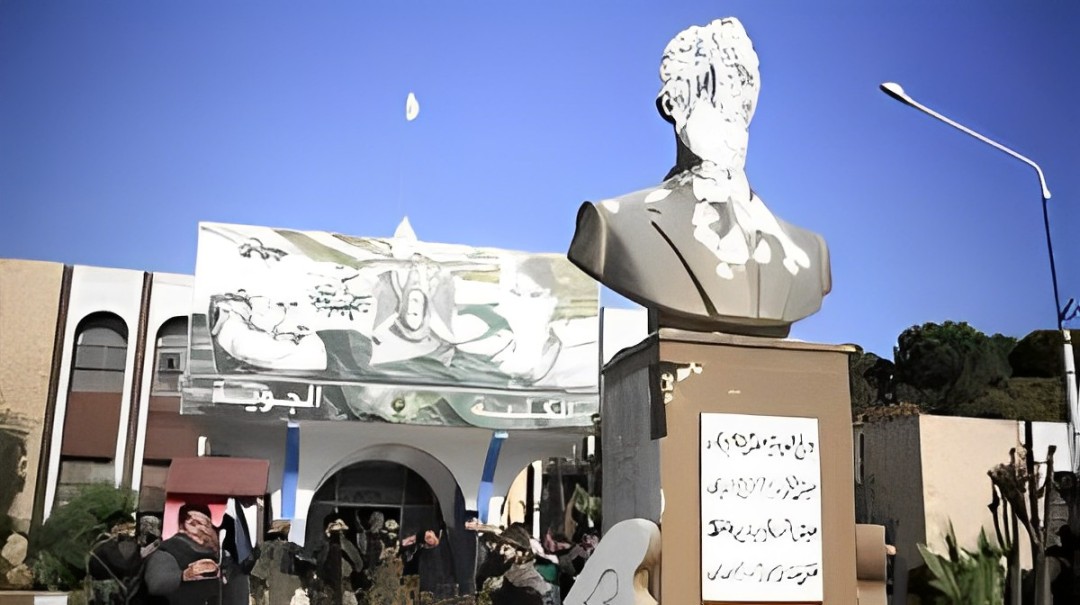
Published at: December 9, 2024 7:56 AM
Updated at: December 10, 2024 8:09 AM
Major Shift in Syria as Assad Regime Collapses
In a historic turn of events for the Middle East, Syria's Islamist rebels announced the overthrow of President Bashar al-Assad after seizing control of Damascus on Sunday. Assad fled the country, marking the end of his family's authoritarian rule spanning over five decades. This development concludes 13 years of brutal civil war.
The rebels entered Damascus unopposed, with no signs of military resistance. Thousands of Syrians gathered in a central square of the capital, celebrating with chants of "Freedom" after decades under the Assad family's control. Hours later, Russian news agencies reported that Assad and his family had arrived in Moscow, where they were granted asylum on humanitarian grounds. The Russian Foreign Ministry confirmed that Assad resigned from the presidency and left Syria after ordering a peaceful transition of power.
The rapid collapse of Assad’s regime has sent shockwaves across the region. It raises concerns about potential instability, especially given the ongoing Gaza war and broader tensions following the Hamas-led attack on Israel in October 2023. The fall of Assad also deals a blow to the influence of Syria's key allies, Russia and Iran, who supported the regime throughout the conflict but have been preoccupied with other crises.
Syria’s Prime Minister Mohammed al-Jalali expressed readiness to cooperate with any leadership chosen by the Syrian people. However, there was no official statement from the Syrian military following Assad’s departure. The Syrian Observatory for Human Rights confirmed that Assad fled via Damascus airport, just before military forces abandoned their posts.
The Islamist Hayat Tahrir al-Sham (HTS) group played a pivotal role in the regime's downfall, capturing key cities, including Homs, in the weeks leading up to Damascus' fall. Rebel factions celebrated the end of the Baath Party's rule and declared a new era for Syria. Rebel leader Abu Mohammed al-Jolani, addressing the nation from Damascus, promised a brighter future for the country. Footage showed smoke rising from the city, and symbolic acts like toppling statues of Hafez al-Assad marked the end of the regime's legacy.
Despite its history as an offshoot of Al-Qaeda, HTS has sought to reshape its image. Al-Jolani was seen at Damascus’ Umayyad Mosque, warmly greeted by crowds. The group imposed a temporary curfew in Damascus to stabilize the situation.
The international community responded with a mix of relief and caution. UN investigators called Assad’s fall a "historic new beginning" and urged the incoming leadership to avoid repeating past atrocities. Amnesty International described the moment as an opportunity to end decades of human rights abuses.
World leaders emphasized the need for stability. The U.S. closely monitored events, with President Joe Biden highlighting the significance of this shift. European leaders, including French President Emmanuel Macron and German Chancellor Olaf Scholz, welcomed the end of Assad’s regime and called for a political resolution. Turkey and Iraq underscored the importance of Syria’s territorial integrity, while Israel hailed Assad’s ousting as a significant blow to Iranian influence in the region.
As Syrians celebrate the dawn of a new era, the road ahead is fraught with challenges, including the need for unity, rebuilding, and ensuring lasting peace.
Share to